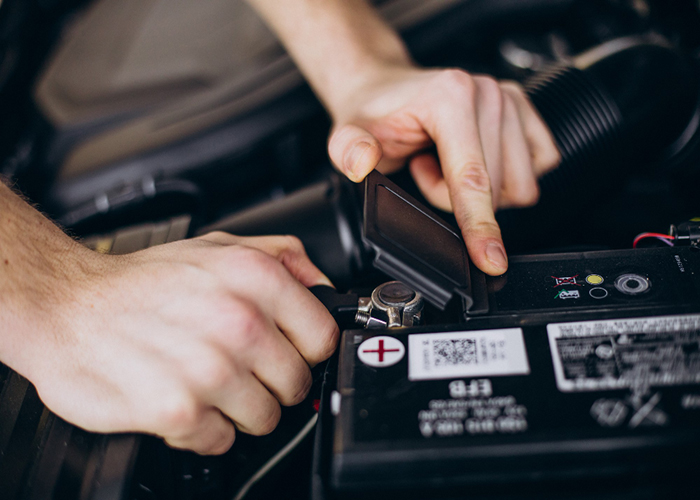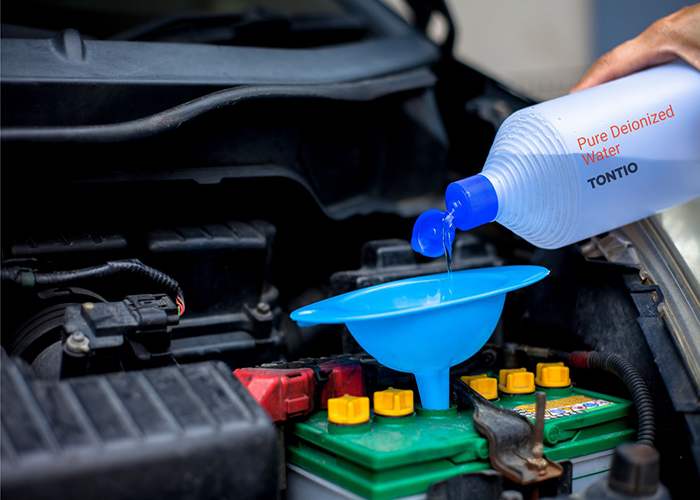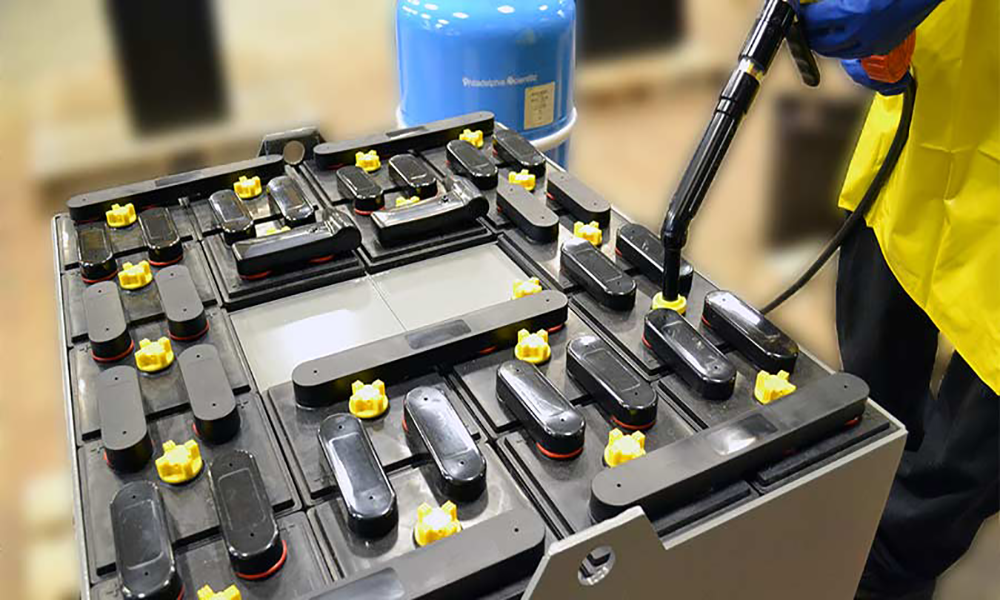Battery Water Industries in India: Water and Wastewater Treatment Using RO, WTP, STP, ETP, WWTP & More

Battery water industries are integral to India's manufacturing ecosystem, particularly in the automotive, backup power, and electronics sectors. These industries produce distilled or demineralized water used in lead-acid and other battery types. The market for battery water is growing steadily with the rise in vehicle usage and renewable energy storage.
The demand for battery water is high in Maharashtra, a hub for automobile and industrial manufacturing. Cities like Pune, Aurangabad, and Nashik host numerous production units, making the state a vital contributor. These industries rely on reliable water treatment systems and often work under strict quality standards, focusing on zero-contaminant water production for battery safety and performance.
Ultra-pure water is Critical for Manufacturing and Servicing Lead-Acid Batteries Across Industries.
Battery water industries require highly purified water, free from minerals, salts, and ions that can affect battery efficiency or lead to internal corrosion. Reverse Osmosis (RO) and Demineralization (DM) systems are typically used to produce this high-grade water.
The purified water is filled into new batteries, used for topping up old batteries, and sometimes employed in rinsing containers and parts to avoid contamination. Even microscopic impurities can damage battery plates, so maintaining water purity is essential throughout production and packaging.
Pre-treatment, Cleaning, and RO Systems Create Significant Wastewater in Battery Water Plants
While the goal is to produce ultra-pure water, several operational steps in battery water manufacturing produce wastewater. RO systems reject large volumes of water with concentrated salts and contaminants, which become a key waste stream.
"In battery water industries, water is more than a resource—the foundation of product quality. Only through precision purification and responsible wastewater treatment can these industries ensure both efficiency and environmental safety."
Additional wastewater comes from cleaning tanks and filters and the regular maintenance of water treatment equipment. If not properly treated, these waste streams can lead to environmental issues due to their chemical content and high Total Dissolved Solids (TDS).
RO Reject, Filter Backwash, and Cleaning Wastewater Require Careful Handling and Treatment
The primary wastewater from battery water production comes from the RO reject line, which carries concentrated dissolved salts, metals, and sometimes chemical additives. This water is unsuitable for direct discharge and must be managed carefully.
Other wastewater types include filter backwash from sand and carbon filters and chemical-laden cleaning water for disinfecting tanks and pipelines. These wastewaters can carry biological and chemical loads, requiring different levels of treatment before disposal or reuse.
ETP, RO Recovery, and Neutralization Systems Ensure Safe Discharge or Reuse of Wastewater
Battery water industries typically use Effluent Treatment Plants (ETPs) to manage wastewater, employing physical, chemical, and biological processes. The primary focus is neutralizing pH, reducing TDS, and removing heavy metals.
RO reject can be treated using recovery systems, where multiple membrane stages extract usable water, leaving behind a smaller volume of high-salinity brine. In addition, filter backwash water is often clarified and reused in non-critical operations within the facility, helping to conserve water.
Membrane Filtration and ZLD Systems Help Battery Water Plants Recover and Reuse Water Efficiently
Modern battery water plants invest in advanced treatment systems like Ultrafiltration (UF), Nanofiltration (NF), and Zero Liquid Discharge (ZLD) setups. These technologies allow for maximum recovery of treated water, which can be reused in the process cycle.
Some industries are adopting IoT and automation to monitor real-time water quality parameters such as conductivity, pH, and hardness. These innovations reduce water wastage and ensure that the water used meets strict industry standards, boosting both sustainability and quality assurance.
We Provide Customized RO, ETP, and WTP Plants to Meet Battery Water Production Needs
We offer end-to-end water and wastewater treatment solutions for battery water manufacturing units. Our expertise spans designing, building, and maintaining RO systems, ETPs, WTPs, and other infrastructure vital for producing high-purity water.
Our team conducts site assessments and water quality analysis and provides energy-efficient systems with low operational costs. We also integrate automation and remote monitoring features to ensure compliance with regulatory standards and uninterrupted production. Our systems are scalable and adaptable to your specific water quality and volume requirements.
Conclusion: Battery Water Industries and Their Water Treatment Systems

Sustainable Water Management in Hospitals Ensures Safety, Compliance, and Environmental Stewardship
Battery water industries depend entirely on high-purity water, making robust treatment systems an operational necessity. From RO and DM to ETP and ZLD, the entire water cycle must be carefully managed to maintain product quality and environmental compliance. As these industries grow, so does the need for sustainable water use and responsible wastewater treatment. With modern technologies and expert services, water can be purified, reused, and managed efficiently—ensuring operational excellence and eco-responsibility.

